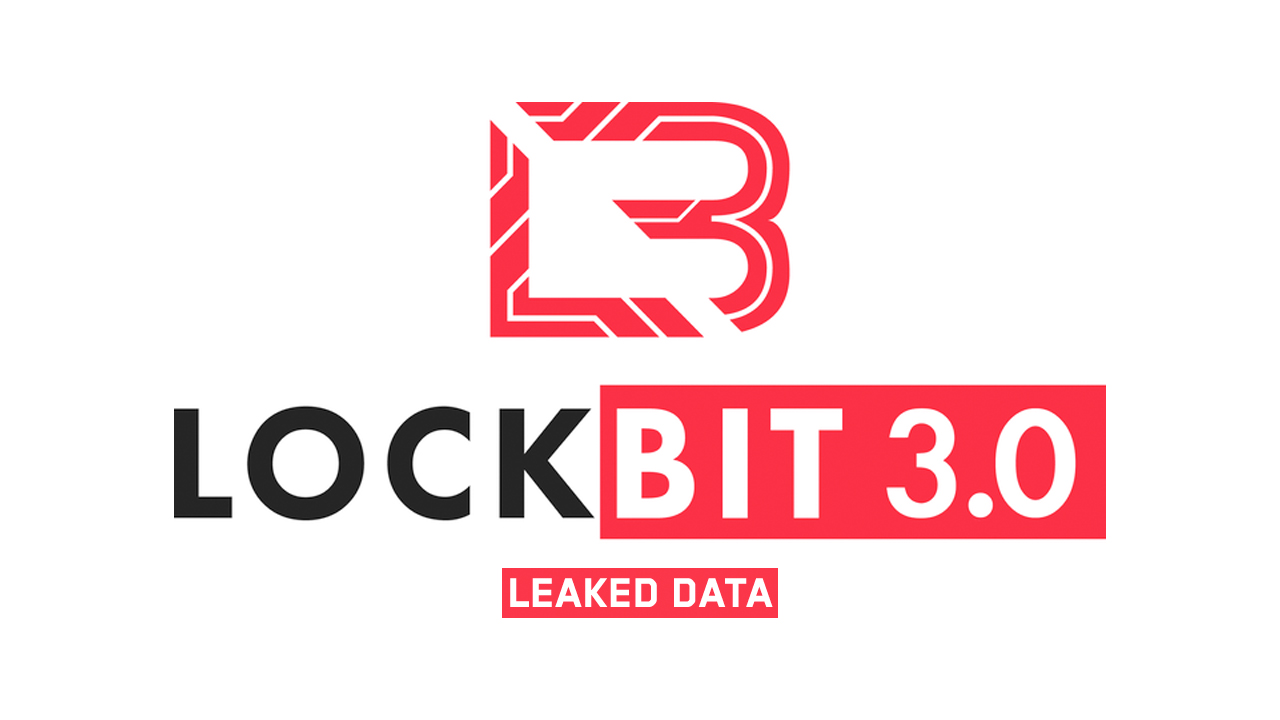State suspected in LiveJournal DDoS attacks
DDoS attacks on LiveJournal go after an anti-corruption blogger, leading some to speculate about Russian state involvement.


Social media site LiveJournal was hit by a range of distributed denial of service (DDoS) attacks this week and the Russian state is reported to be the prime suspect.
The initial attacks focused on a prominent anti-government blogger, leading some to speculate over the state's involvement, due to Russia's reputation of clamping down on protest movements.
Attacks started last month, but further DDoS strikes hit the site this week causing accessibility issues. LiveJournal now appears to be fully functional again.
In response to the attacks, LiveJournal tried to adjust traffic and upgraded its servers in a bid to make the site run faster, whilst recommending users do their bit to avoid becoming part of a botnet.
The initial attacks hit LiveJournal addresses associated with anti-corruption blogger Alexey Navalny before others were targeted, according to reports.
This led to speculation the Russian state was involved in the DDoS attacks.
Russian President Dmitry Medvedev's Livejournal blog was also reportedly affected by the strikes, as it became inaccessible for around an hour.
Get the ITPro daily newsletter
Sign up today and you will receive a free copy of our Future Focus 2025 report - the leading guidance on AI, cybersecurity and other IT challenges as per 700+ senior executives
"It should be obvious to specialists in the Russian-speaking blogosphere that the list affects some of the most popular bloggers on LiveJournal who write about a wide variety of things," said Kaspersky Lab expert Maria Garnaeva, on a blog.
"It is not known if this was an attempt to blur' the real target of the attacks, which may have been clearly designated during the first DDoS attacks, or if the list of blogs that had fallen out of favor had become bigger."
LiveJournal has not yet approached law enforcement in Russia, which surprised Garnaeva.
Svetlana Ivannikova, head of LiveJournal Russia, told Kaspersky whilst the social media firm had not moved to inform authorities so far, it remained an option.
"There are claims in the online mass media that such a case has no chance of succeeding," Garnaeva said.
"From our point of view, there is direct evidence of a crime according to Article 273 of the Criminal Code of the Russian Federation Creation, Use, and Dissemination of Harmful Computer Viruses.' After all, Russia's law enforcement agencies and courts already have experience of enforcing this law."
Another major blogging service, WordPress, was recently hit by large scale DDoS attacks.
Tom Brewster is currently an associate editor at Forbes and an award-winning journalist who covers cyber security, surveillance, and privacy. Starting his career at ITPro as a staff writer and working up to a senior staff writer role, Tom has been covering the tech industry for more than ten years and is considered one of the leading journalists in his specialism.
He is a proud alum of the University of Sheffield where he secured an undergraduate degree in English Literature before undertaking a certification from General Assembly in web development.
-
 Bigger salaries, more burnout: Is the CISO role in crisis?
Bigger salaries, more burnout: Is the CISO role in crisis?In-depth CISOs are more stressed than ever before – but why is this and what can be done?
By Kate O'Flaherty Published
-
 Cheap cyber crime kits can be bought on the dark web for less than $25
Cheap cyber crime kits can be bought on the dark web for less than $25News Research from NordVPN shows phishing kits are now widely available on the dark web and via messaging apps like Telegram, and are often selling for less than $25.
By Emma Woollacott Published
-
 UK crime fighters wrangle “several thousand” potential cyber criminals in DDoS-for-hire honeypot
UK crime fighters wrangle “several thousand” potential cyber criminals in DDoS-for-hire honeypotNews The sting follows a recent crackdown on DDoS-for-hire services globally
By Ross Kelly Published
-
 US begins seizure of 48 DDoS-for-hire services following global investigation
US begins seizure of 48 DDoS-for-hire services following global investigationNews Six people have been arrested who allegedly oversaw computer attacks launched using booters
By Zach Marzouk Published
-
 Will triple extortion ransomware truly take off?
Will triple extortion ransomware truly take off?In-depth Operators are now launching attacks with three extortion layers, but there are limitations to this model
By Connor Jones Published
-
 GoDaddy web hosting review
GoDaddy web hosting reviewReviews GoDaddy web hosting is backed by competitive prices and a beginner-friendly dashboard, and while popular, beware of hidden prices
By Daniel Blechynden Published
-
 Japan investigates potential Russian Killnet cyber attacks
Japan investigates potential Russian Killnet cyber attacksNews The hacker group has said it’s revolting against the country’s militarism and that it’s “kicking the samurai”
By Zach Marzouk Published
-
 LockBit hacking group to be 'more aggressive' after falling victim to large-scale DDoS attack
LockBit hacking group to be 'more aggressive' after falling victim to large-scale DDoS attackNews The ransomware group is currently embroiled in a battle after it leaked data belonging to cyber security company Entrust
By Connor Jones Published
-
 Record for the largest ever HTTPS DDoS attack smashed once again
Record for the largest ever HTTPS DDoS attack smashed once againNews The DDoS attack lasted 69 minutes and surpassed the previous record of 26 million RPS
By Praharsha Anand Published
-
 Cloudflare unveils new One Partner Program with zero trust at its core
Cloudflare unveils new One Partner Program with zero trust at its coreNews Cloudflare CEO Matthew Prince says the initiative aims to take the complexity out of zero trust architecture
By Daniel Todd Published